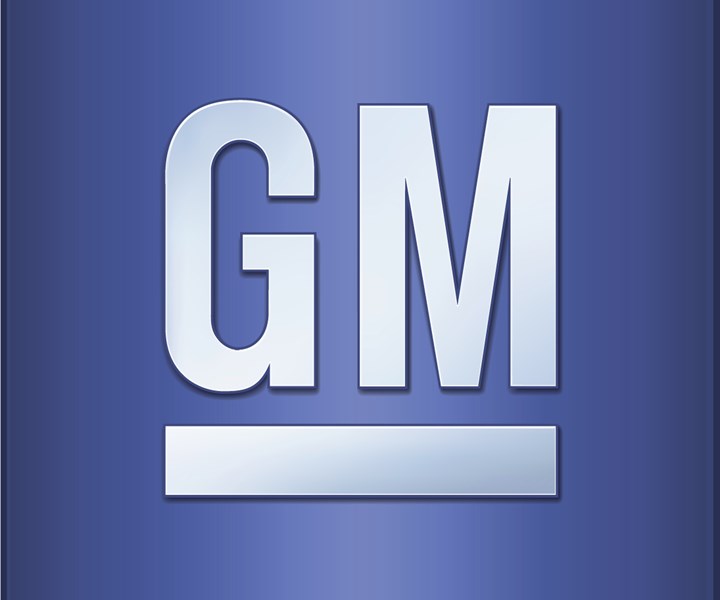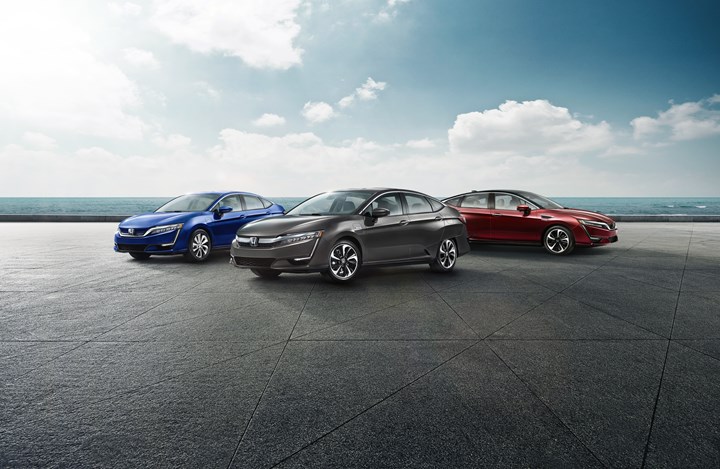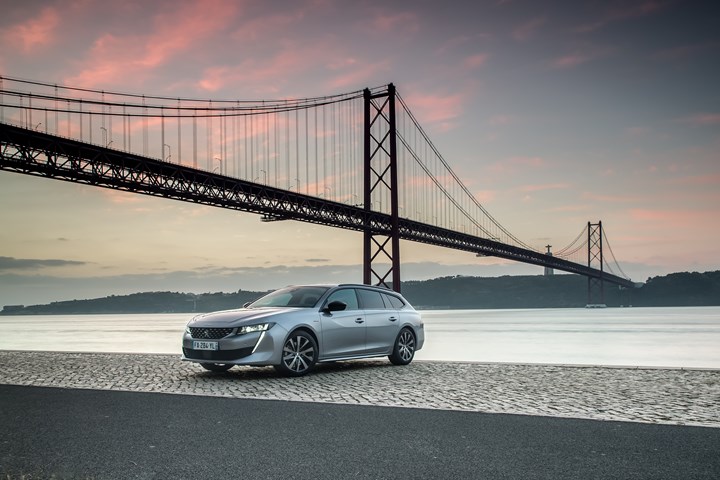A Scary Look at the Auto Industry
A witch, a clown, a masked vigilante, and a doctor go into a studio. . . .
#regulations #labor

(Image: GM)
Admittedly, the people on the set of this edition of “Autoline After Hours” look a little, well, unusual—as does the set itself—the first thing to know—although it is fairly apparent or at least obvious—is that it is October 31, a.k.a., Halloween in the U.S., which means costumes and candy. So while the participants—Michelle Krebs, director of Automotive Relations at Cox Automotive; Lindsay Brooke, editor-in-chief of Automotive Engineering; John McElroy of “Autoline;” and me—look sort of silly, there is an array of seriously unsilly subjects examined on the show.
Among the topics covered are:
The Strike. On Friday October 25, the members of the United Auto Workers’ ratified an agreement with General Motors to end the 40-day strike that the labor organization had initiated. According to the UAW, “The ratified contract includes an economic package of an $11,000 per member signing bonus, performance bonuses, two 3% annual raises and two 4% lump sum payments and holding the line on health care costs.” What’s more, GM agreed to invest $7.7-billion in existing plants and to add workers, while the UAW agreed not to push back against the closing of four GM facilities (three factories and a parts distribution center). What are the ramifications for the workers and the corporation—and what does the future hold for the workforce as there is increased electrification of vehicles, which could potentially decrease the number of workers required to build them?

Honda’s Clarity lineup: hybrid, hydrogen, electric. (Image: Honda)
The Regulations. In late July Volkswagen, Honda, BMW, and Ford reached an agreement with the California Air Resources Board (CARB) under which the OEMs would work to meet CARB’s greenhouse gas emissions standards. (Then in September the Trump administration, which is against California being able to establish its own rules, a waiver granted in 2009 by the Environmental Protection Agency, announced that the Department of Justice was investigating the four OEMs for possible anti-trust violations). Last week, General Motors, Toyota and FCA announced that they are backing the Trump administration’s efforts to remove the California waiver. So, what are the potential implications for the OEMs going forward—as in how will the companies be perceived by the next generation of drivers who were instrumental in the “Global Week for Future,” the climate protests that literally millions of young people around the world participated in?

Peugeot 508 SW (Image: Automobiles Peugeot)
The Merger. Groupe PSA and FCA announced on October 31 that they are likely to combine on a 50-50 basis, thereby creating what would be the fourth-largest OEM on the planet, with annual sales on the order of 8.7-million vehicles. Key drivers for making this transformation are, according to the two parties involved, “new challenges in connected, electrified, shared and autonomous mobility.” Presumably, these are not only challenges as regards developing and producing the vehicles with those characteristics, but also addressing the consequences of shared vehicles (i.e., if more people are sharing vehicles, this could mean that fewer are buying their own vehicles). The PSA brands include Peugeot, Citroën, Opel, DS Automobiles, and Vauxhall. At FCA there are Fiat, Chrysler, Dodge, Ram, Jeep, Alfa Romeo, Maserati, Lancia, and Mopar. Although two of the bullet points cited in support of what the two organizations may be doing are “Approximately €3.7 billion estimated annual run-rate synergies without any plant closures resulting from the transaction” and “Highly respected combined management team recognized for exceptional value creation and with proven success in previous OEM combinations,” one can only wonder what the consequences will be for some of the brands that are not doing particularly well in their markets—and the people who work on those brands.
And you can see all this—and more—right here.
RELATED CONTENT
-
Rage Against the Machine
There have been more than 20 reported attacks against Waymo’s self-driving fleet in Chandler, Ariz., since the company began testing the technology on public roads there two years ago.
-
CARB Predicts 10x Hike in Fuel Cell Vehicles by 2024
California expects the number of fuel cell-powered vehicles registered in the state will surge to 23,600 units in 2021 from 4,800 through May of this year and reach 47,200 by 2024.
-
Dubai to Test Digital License Plates
Next month Dubai will begin testing digital license plates that can display various messages, make payments and conduct other transactions.


.jpg;width=70;height=70;mode=crop)